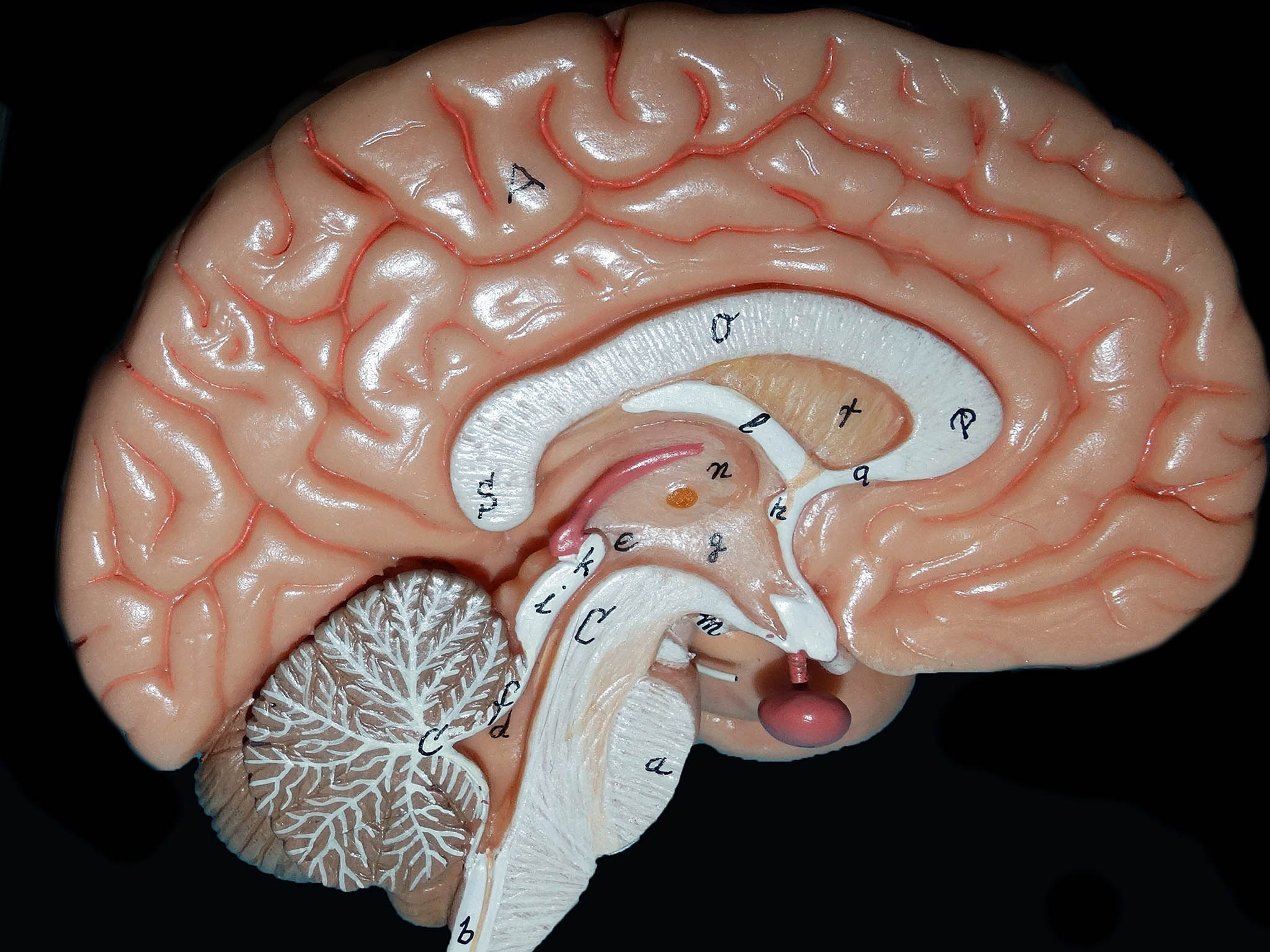The Independent's journalism is supported by our readers. When you purchase through links on our site, we may earn commission.
Neurologists 'work out the key to finding happiness'
Researchers have found the answer as to what makes us happy by using MRI to find where in the brain happiness occurs

Your support helps us to tell the story
From reproductive rights to climate change to Big Tech, The Independent is on the ground when the story is developing. Whether it's investigating the financials of Elon Musk's pro-Trump PAC or producing our latest documentary, 'The A Word', which shines a light on the American women fighting for reproductive rights, we know how important it is to parse out the facts from the messaging.
At such a critical moment in US history, we need reporters on the ground. Your donation allows us to keep sending journalists to speak to both sides of the story.
The Independent is trusted by Americans across the entire political spectrum. And unlike many other quality news outlets, we choose not to lock Americans out of our reporting and analysis with paywalls. We believe quality journalism should be available to everyone, paid for by those who can afford it.
Your support makes all the difference.Everyone wants to be happy and it’s long been the ultimate goal for humans. Now scientists believe they have found the region in the brain that is responsible for controlling these feelings.
Researches at Kyoto University have narrowed their search into happiness, by looking at the neural structures that cause people to be happy.
The research has been led by Wataru Sato, who thinks he has found the answer as to what makes us happy, by using MRI to find out where in the brain happiness happens.
Their study revealed that, an overall feeling of happiness is caused by happy emotions and life satisfaction. When these two feelings happen at once in the precuneus, you become happy .
The precuneus is found in the medial parietal lobe of your brain (located at the top of your head, towards the back) which is involved in episodic memory, reflecting upon self and some aspects of consciousness.
Doctors are still unclear what the neural mechanism behind happiness occurring is though.
Participants had their brains scanned with MRI and then completed a survey. The survey involved describing how happy the participants were generally, how intensely they feel emotions, whether these are positive or negative feelings and how satisfied they are with their lives.
The results showed there was a positive relationship between the subjective happiness score and grey matter volume on the right precuneus. People who were more content with their lives, had a larger precuneus.
Analysis also indicated that the same area had an association with the combined positive and negative emotional intensity and life satisfaction.
The study also reveaed that people experience emotions in a variant of ways. Some people feel more happiness more intensely when they receive compliments, for example.
Those people who feel happiness more intensely also feel sadness at a lower intensity as well.
Overall, the findings suggested that the precuneus is able to mediate overall happiness by integrating the emotional and cognitive components of happiness.
Mr Sato said: “Over history, many eminent scholars like Aristotle have contemplated what happiness is. I’m very happy that we now know more about what it means to be happy."
He added, "Several studies have shown that meditation increases grey matter mas in the precuneus. This new insight on where happiness happens in the brain will be useful for developing happiness programmes based on scientific research."
Join our commenting forum
Join thought-provoking conversations, follow other Independent readers and see their replies
Comments